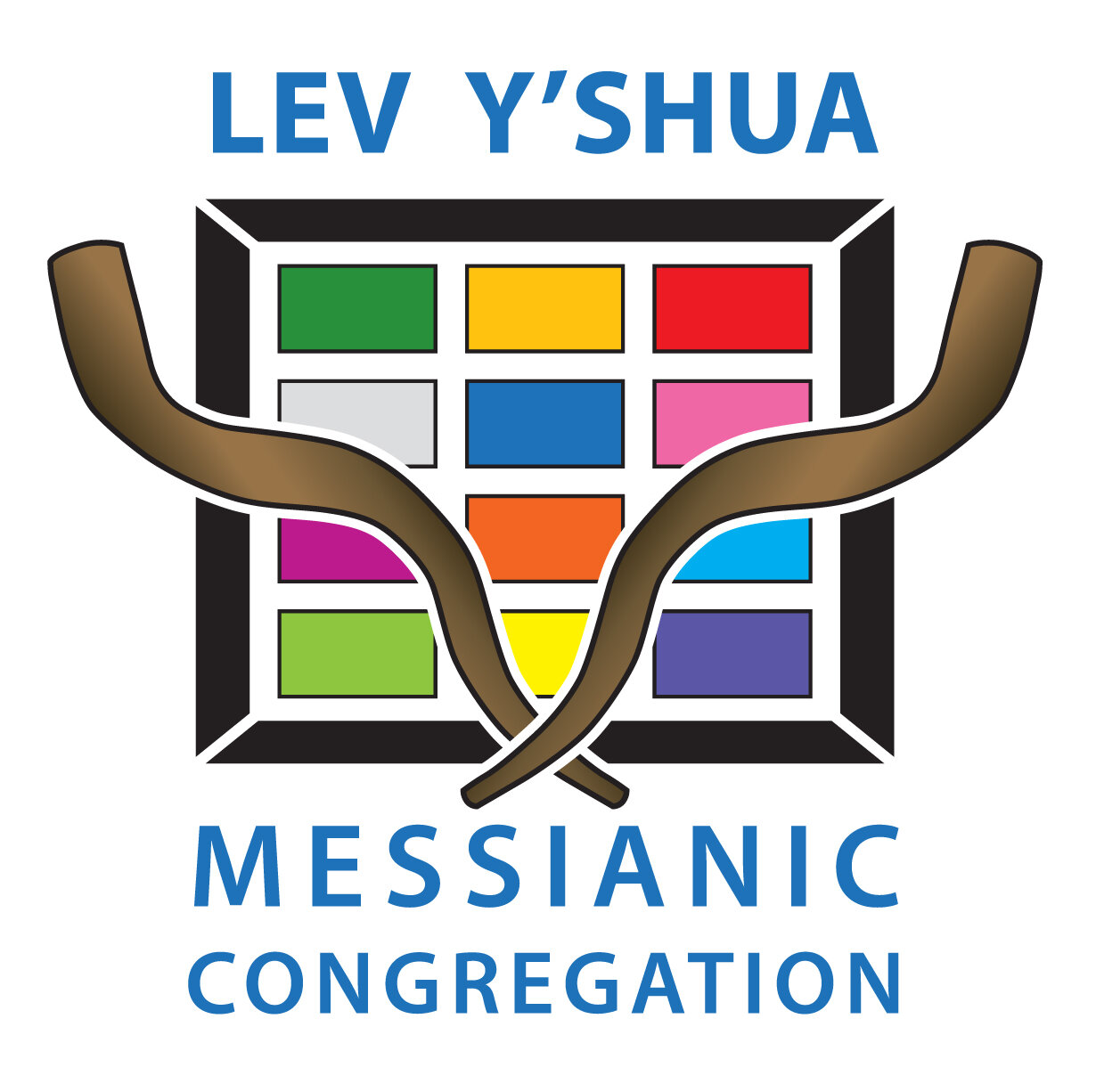Christ, Messiah, and the Messianic Walk
The faith walk of Messianic Believers is not well understood and in that lack of understanding, many assumptions are made. As the leader of Lev Y’shua Messianic Congregation in Belleville, I would like to take a few lines to explain our faith and focus.
The term Messianic comes from Messiah which means anointed one. The Messiah we follow is Jesus. His name (Jesus) comes to us from the Greek Iesous. This is how the Greeks translated Yeshua which is the Hebrew Name of our Messiah, and this translates to “God is Salvation.” In essence, the angel Gabriel told Mary that her son shall be called Salvation, for He shall Save His people! The Messianic faith Highlights the type of relationship we have with Yeshua as our Messiah.
Our starting point, as Messianic Believers, is the recognition of the Divine Nature of Messiah, the truth that Yeshua is Lord, and that salvation is by grace through faith. We believe that every person who confesses Y’shua as Lord, holding to these primary matters of salvation, is a child of God regardless of their affiliation, i.e., Messianic, Baptist, Nazarene, etc. All will spend eternity with one another! These matters of salvation make us eternally effective as a faith community.
However, as Messianic Believers, we do not believe that the “Old Testament” has been done away with. We understand it as valid, effective, and in force for our walk today. We refer to this as the Hebrew Scriptures. In fact, this portion of the Bible is never referred to as old by the writers of the Gospels or Epistles. Indeed, 70 to 80 percent of their writings come right out of the Hebrew scriptures! Many of Messiah’s quotes in the Gospels are directly from Deuteronomy.
As we seek to follow all that is written in the Bible, we recognize the unchanging calling of Israel throughout the ages, the calling of Gentiles to love Israel and the equality of Jewish and non-Jewish Believers in the Jewish Messiah. We hold to the observance of Shabbat (seventh day worship) and the Feasts of Israel. Too often these Feasts are referred to as the Jewish Feasts. Understandably so. By God’s grace, the Jews have held to these Feast Days, Festivals, and Appointed Times throughout the ages. Yet, they are never called the Jewish Feasts in the Bible. Leviticus 23 outlines the annual Feast Cycle and it is made very clear by our Great God, “Concerning the feasts of the LORD, which you shall proclaim to be holy convocations, even these are My Feasts.” (Verse 2). To be clear, they are the Lord’s Feasts! And the very first Feast? The seventh day Sabbath! “Six days shall work be done: but the seventh day is the Sabbath of rest, a holy convocation; you shall do no work therein: it is the sabbath of the LORD in all your dwellings.” Not the first day of the week, but the seventh day, which we hold to.
Interestingly, it was the Catholic Church who moved the day of worship as is noted by several Catholic sources. I cite one example from James Cardinal Gibbons, Archbishop of Baltimore (1877-1921), in a signed letter. “Is Saturday the seventh day according to the Bible and the Ten Commandments? I answer yes. Is Sunday the first day of the week and did the Church change the seventh day-Saturday-for Sunday, the first day? I answer yes. Did Christ change the day? I answer no!
In addition to holding to a seventh day Sabbath, we follow the Feasts of the Lord as laid out in the Biblical text. I write this on Yom Kippur, the Day of Atonement. Our Messiah is so perfectly represented in the Feast Days and His work of redemption is foreshadowed in and through the Feasts. Today we reflect on the two goats that were offered in the temple. No, we do not offer animal sacrifices, for Hebrews 10:14 says “for by one offering He has perfected for all time those who are made holy.” Yet in those sacrifices, we see Yeshua, our Messiah. One goat was offered as a sinless animal taking the sins of the people upon it. The other was sent into the wilderness as the “Scape Goat.” Both goats pointing to our Messiah, who is sinless yet chose to die in our stead. A substitutionary, holy offering. The second goat illustrates how He removes our sins far from us, as the East is from the West they are removed and remembered no more! Praise be to His Holy Name!
Perhaps, an easy way to understand us as Messianic Believers is to think about dropping a Jew and a Christian into a blender and stirring them together. What pops out? Us! Our practices and observances may seem strange at first. This is because we are raised differently in the faith and are unfamiliar with them. However, getting together for fellowship and enjoying time with each other and the Lord during these appointed times is a delight and reminds us of our Messiah’s admonition that His yoke is easy and His burden light. Walking in His Feasts proves this.
These matters of Mission distinguish us from other local believing congregations and is living proof that God is not finished with Israel. This is a distinctive not being addressed in the wider body of Messiah and we are stepping up as a testimony of the Almighty’s unending faithfulness to Israel. We bring the Good News to the Jew first, but equally to the Gentile. Using the Whole word of God, we disciple both Jewish and Gentile Believers to love both Jewish and Non-Jewish people and to serve as a witness to them. In light of our calling, we express our faith in Messiah in a Hebraic, or Messianic, frame of reference.
I pray this helps in giving you a better understanding of the Messianic Fatih Walk.
